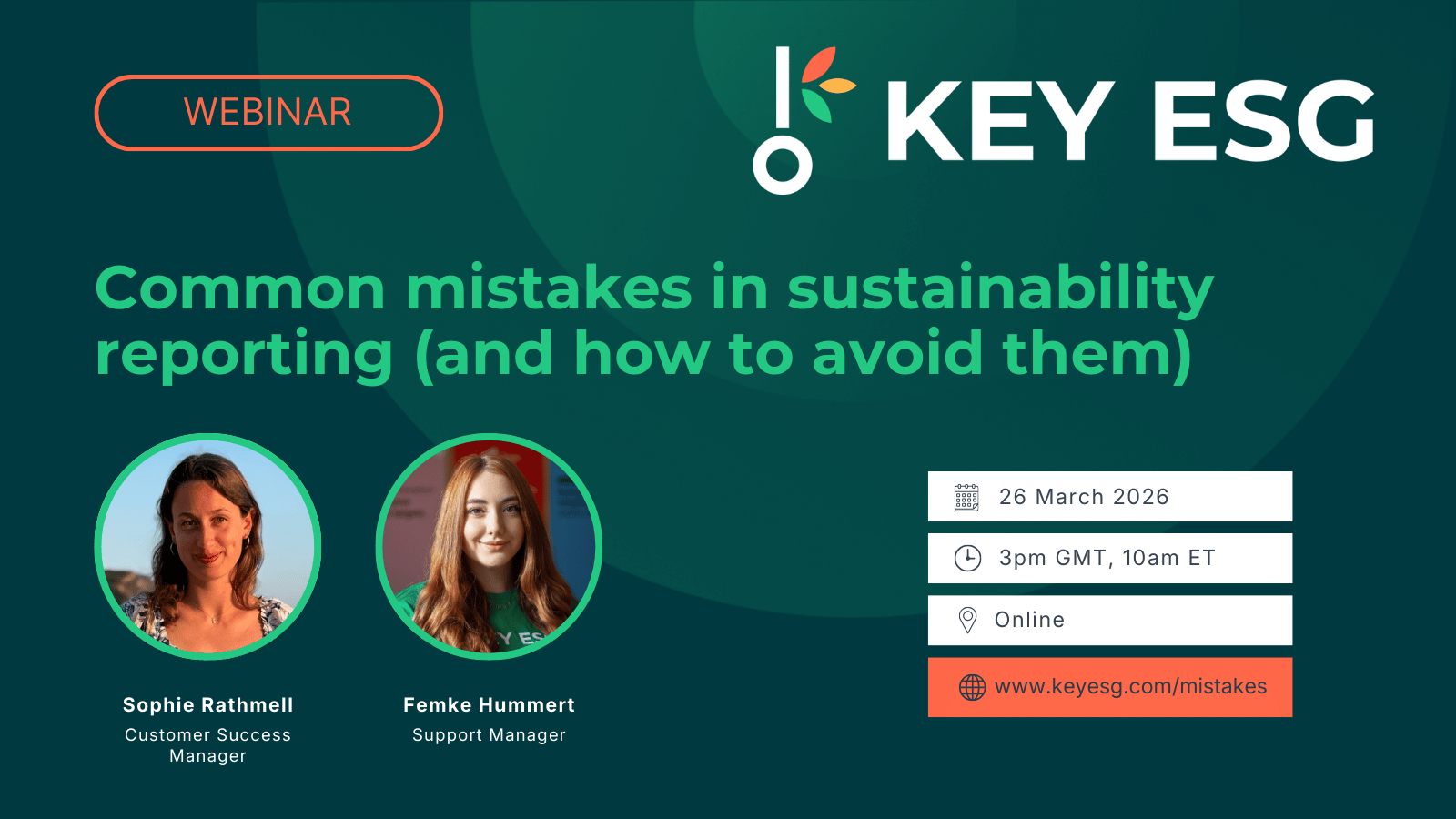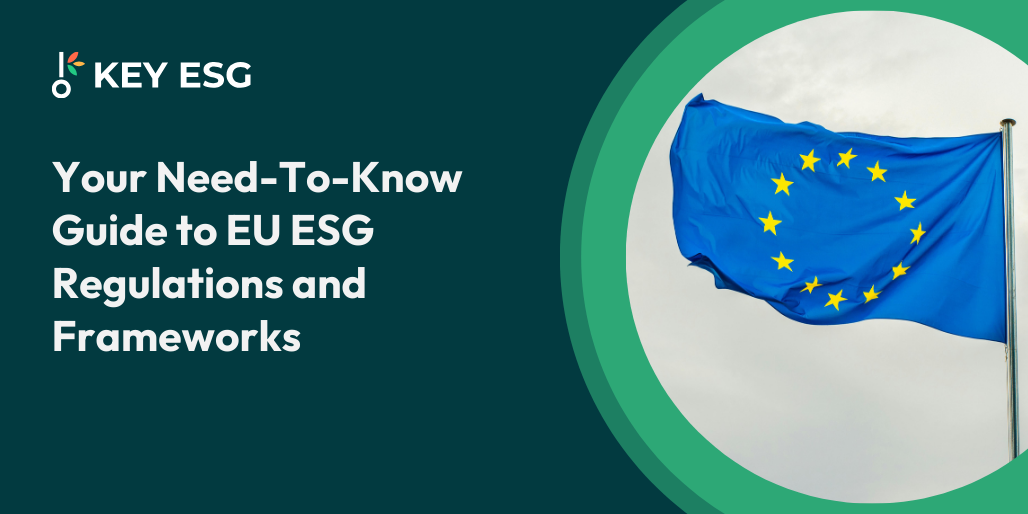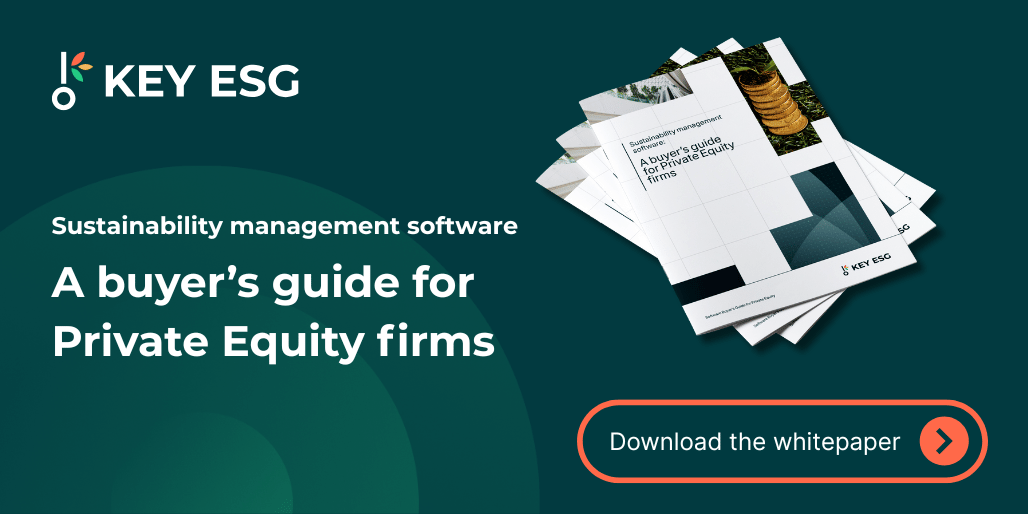Unpacking the SEC's Climate Disclosure Regulations
On 21st March 2022, the US Securities and Exchange Commission (SEC) put forward new regulations requiring public companies to disclose climate-related information. The implementation of these requirements has been pushed back multiple times, but on the 6th March 2024, the SEC announced the approval of its long-awaited climate-related disclosures rules for US public companies.
The new regulations aim to utilise elements of existing climate-related disclosure frameworks, such as those of the Financial Stability Board’s Task Force on Climate-related Financial Disclosures (TFCD).
But given the political tensions in the US regarding ESG disclosures, why are the SEC implementing these rules, and what do they entail?
Aims
In the SEC’s initial press release, Chair Gary Gensler said that he was pleased to support the proposal because, “if adopted, it would provide investors with consistent, comparable, and decision-useful information for making their investment decisions, and it would provide consistent and clear reporting obligations for issuers”.
He went on to say:
“Our core bargain from the 1930s is that investors get to decide which risks to take, as long as public companies provide full and fair disclosure and are truthful in those disclosures.
Today, investors representing literally tens of trillions of dollars support climate-related disclosures because they recognise that climate risks can pose significant financial risks to companies, and investors need reliable information about climate risks to make informed investment decisions”.
The SEC rules seek to help improve transparency with regard to climate risks, in line with the demand for consistent and comparable information that could affect a firm’s affect financial performance.
Rules
Under the SEC’s finalised rules, public companies must disclose the following beginning from 2026:
- Climate-related risks to business strategy, operations or financial condition and the impacts they have/may have on strategy, business model and outlook.
- Any costs resulting from climate risk mitigation or adaptation activities
- Activities relating to climate risk mitigation or adaptation, e.g. transition plans, scenario analysis or internal carbon prices.
- Any board oversight and role of management in managing climate risks
- Any processes for managing climate risk and whether they’re integrated into overall risk management
- Any climate-related targets and costs incurred from setting and meeting them
- Unless exempted, material scope 1 and 2 emissions
- Limited assurance reports for scope 1 and 2 emissions, transitioning to reasonable assurance for large companies with a public float of $700mn or more.
- Any costs incurred from extreme weather events
- Any costs related to carbon credits, if purchased
- If the estimates and assumptions used to produce financial statements were impacted by risks associated with severe weather events and other natural conditions
Challenges
Most investors acknowledge the material risk that climate change poses to their portfolios, championing the need for detailed, reliable data that helps to inform their decisions. However, some critics of the SEC rules argue that the disclosures may be overly burdensome, potentially stifling innovation and imposing compliance costs that are more hassle than they’re worth.
Another key area of discussion centres around the SEC’s focus on prospective data. The SEC's proposal encourages companies to project their climate-related risks and opportunities, aiming to provide investors with a forward-looking perspective. However, this has raised concerns about the potential for increased legal liability, should these projections prove inaccurate.
Future projections are also highly speculative, and firms could omit information and argue that important climate concerns were simply not something that they had considered.
The path ahead
With the rules due to come into force in 2026, companies need to begin considering their SEC disclosures now.
As the SEC rules come into force, and the regulatory landscape as a whole starts to mature, the overarching goal for investors remains clear: to enhance the transparency, accountability, and sustainability of businesses in light of climate change.
The most surefire way to ensure ESG disclosures are reliable is to back them up with clear, auditable, and comparable data.
How KEY ESG can help
Our software allows companies and investors to spot climate-related risks across a host of different operational factors, helping firms to navigate any regulatory landscape as well as improve their sustainability too.
Reach out to a member of our team today to book a free demo and see how our intuitive software could help you prepare for the SEC climate disclosures.
Unpacking the SEC's Climate Disclosure Regulations
On 21st March 2022, the US Securities and Exchange Commission (SEC) put forward new regulations requiring public companies to disclose climate-related information. The implementation of these requirements has been pushed back multiple times, but on the 6th March 2024, the SEC announced the approval of its long-awaited climate-related disclosures rules for US public companies.
The new regulations aim to utilise elements of existing climate-related disclosure frameworks, such as those of the Financial Stability Board’s Task Force on Climate-related Financial Disclosures (TFCD).
But given the political tensions in the US regarding ESG disclosures, why are the SEC implementing these rules, and what do they entail?
Aims
In the SEC’s initial press release, Chair Gary Gensler said that he was pleased to support the proposal because, “if adopted, it would provide investors with consistent, comparable, and decision-useful information for making their investment decisions, and it would provide consistent and clear reporting obligations for issuers”.
He went on to say:
“Our core bargain from the 1930s is that investors get to decide which risks to take, as long as public companies provide full and fair disclosure and are truthful in those disclosures.
Today, investors representing literally tens of trillions of dollars support climate-related disclosures because they recognise that climate risks can pose significant financial risks to companies, and investors need reliable information about climate risks to make informed investment decisions”.
The SEC rules seek to help improve transparency with regard to climate risks, in line with the demand for consistent and comparable information that could affect a firm’s affect financial performance.
Rules
Under the SEC’s finalised rules, public companies must disclose the following beginning from 2026:
- Climate-related risks to business strategy, operations or financial condition and the impacts they have/may have on strategy, business model and outlook.
- Any costs resulting from climate risk mitigation or adaptation activities
- Activities relating to climate risk mitigation or adaptation, e.g. transition plans, scenario analysis or internal carbon prices.
- Any board oversight and role of management in managing climate risks
- Any processes for managing climate risk and whether they’re integrated into overall risk management
- Any climate-related targets and costs incurred from setting and meeting them
- Unless exempted, material scope 1 and 2 emissions
- Limited assurance reports for scope 1 and 2 emissions, transitioning to reasonable assurance for large companies with a public float of $700mn or more.
- Any costs incurred from extreme weather events
- Any costs related to carbon credits, if purchased
- If the estimates and assumptions used to produce financial statements were impacted by risks associated with severe weather events and other natural conditions
Challenges
Most investors acknowledge the material risk that climate change poses to their portfolios, championing the need for detailed, reliable data that helps to inform their decisions. However, some critics of the SEC rules argue that the disclosures may be overly burdensome, potentially stifling innovation and imposing compliance costs that are more hassle than they’re worth.
Another key area of discussion centres around the SEC’s focus on prospective data. The SEC's proposal encourages companies to project their climate-related risks and opportunities, aiming to provide investors with a forward-looking perspective. However, this has raised concerns about the potential for increased legal liability, should these projections prove inaccurate.
Future projections are also highly speculative, and firms could omit information and argue that important climate concerns were simply not something that they had considered.
The path ahead
With the rules due to come into force in 2026, companies need to begin considering their SEC disclosures now.
As the SEC rules come into force, and the regulatory landscape as a whole starts to mature, the overarching goal for investors remains clear: to enhance the transparency, accountability, and sustainability of businesses in light of climate change.
The most surefire way to ensure ESG disclosures are reliable is to back them up with clear, auditable, and comparable data.
How KEY ESG can help
Our software allows companies and investors to spot climate-related risks across a host of different operational factors, helping firms to navigate any regulatory landscape as well as improve their sustainability too.
Reach out to a member of our team today to book a free demo and see how our intuitive software could help you prepare for the SEC climate disclosures.






